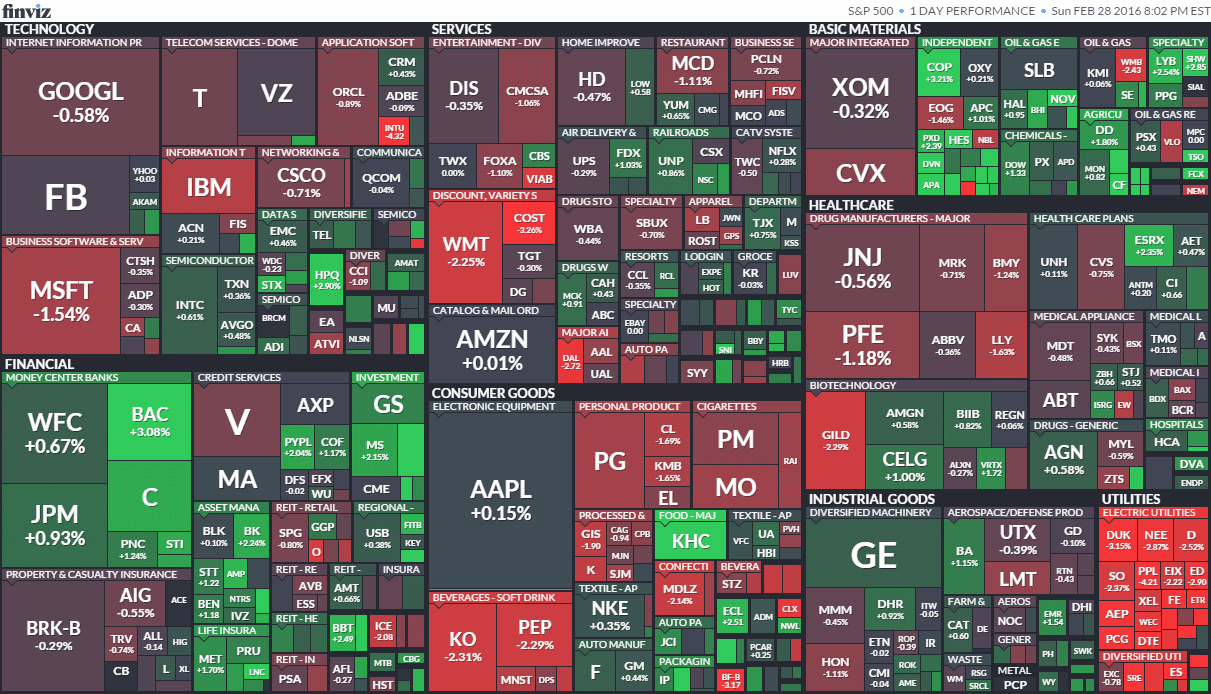Stocks rose Friday with the Dow Jones Industrial Average and S&P 500 closing out their third winning weeks in a row as a measure of inflation closely watched by the Federal Reserve came in at its lowest in nearly two years.
The Dow jumped 176.57 points, or 0.50%, to 35,459.29. The S&P 500 added 0.99% to 4,582.23. The Nasdaq Composite gained 1.90% to 14,316.66.
All three major averages notched weekly gains with the 30-stock average up by about 0.66%. On Thursday, the Dow ended a 13-day win streak, a length not seen since 1987. The S&P advanced 1.01%, and the tech-heavy index is up 2.02%.
This week, investors cheered data showing cooling inflation and stronger-than-expected earnings reports that supported the case the U.S. could avoid a recession.
On Friday, June data for the personal consumption expenditures price index continued to show easing inflation. The gauge showed core PCE gained 0.2% month-over-month, in line with the 0.2% increase expected by economists polled by Dow Jones. Core PCE rose 4.1% from the year-ago period, lower than the anticipated 4.2%.
The data is of particular interest after the central bank raised interest rates earlier this week in a widely expected move. The Fed targets inflation at 2% annually.
“In the wake of stronger than expected GDP, and a better-than-expected earnings season, this could be the catalyst to send the market to new highs,” wrote Gina Bolvin, president of Bolvin Wealth Management Group.
Earnings season continued with Dow member Procter & Gamble shares gaining nearly 3%. The consumer goods company behind Tide and other brands beat analysts’ earnings and revenue expectations in its most recent quarter.
Intel jumped 6.6% as investors applauded a return to profitability, while Roku climbed 31% a day after beating Wall Street expectations on both the top and bottom lines.
On the other hand, Ford Motor shares fell 3.4% even though the automaker beat estimates and raised guidance. The company said its electric vehicle adoption was taking longer than expected due to higher costs.

